Shares of rural Japan's population continue to dwindle at an alarming rate, with the country's depopulation crisis exacerbated by deep-seated gender inequality. According to recent data, the rural population in Japan has been declining at a rate of 1.4% annually, with women disproportionately affected by the trend.
In Akita Prefecture, a region known for its traditional festivals and cultural events, women are increasingly facing barriers to participation and leadership. The kanto festival, a centuries-old celebration of strength and skill, has traditionally been dominated by men, with women relegated to supporting roles. However, a growing number of women are challenging these norms and pushing for greater inclusion.
"I've been involved with the kanto festival for over 20 years, but it's only in recent years that I've seen more women taking on leadership roles," said Yumi Nakamura, a local community leader. "It's not just about the festival itself, but about creating opportunities for women to participate and contribute to the community."
The issue of gender inequality in rural Japan is complex and multifaceted, with women facing significant barriers to education, employment, and social mobility. According to a recent report by the Japanese government, women make up only 30% of the country's rural workforce, with many facing discriminatory practices and unequal pay.
The consequences of this inequality are far-reaching, with rural communities struggling to attract and retain young people, particularly women. "Women are leaving rural areas in search of better education and job opportunities, which is exacerbating the depopulation crisis," said Dr. Emiko Ochiai, a sociologist at Tokyo University. "It's a vicious cycle that needs to be broken."
The Japanese government has acknowledged the need to address the issue of gender inequality in rural areas, with a series of initiatives aimed at promoting women's participation and leadership. However, progress has been slow, and many women remain skeptical about the government's commitment to change.
"I'm not sure if the government is serious about addressing the issue of gender inequality," said Yumi Nakamura. "But I do know that women are determined to create change and push for a more inclusive and equitable society."
As the depopulation crisis continues to worsen, women in rural Japan are taking matters into their own hands, organizing community initiatives and advocating for greater recognition and support. While the road ahead is long and challenging, many are hopeful that a more inclusive and equitable society is within reach.
The Japanese government has announced plans to increase funding for initiatives aimed at promoting women's participation and leadership in rural areas, including education and job training programs. However, the effectiveness of these initiatives remains to be seen, and many women are calling for more concrete action to address the issue of gender inequality.
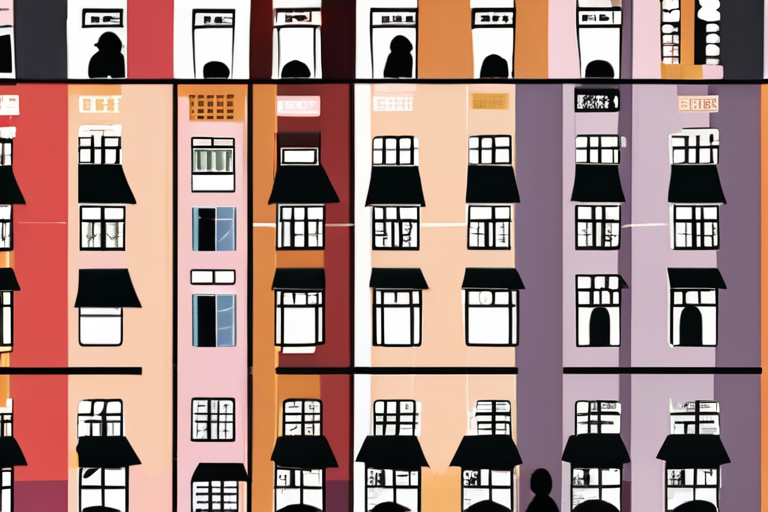



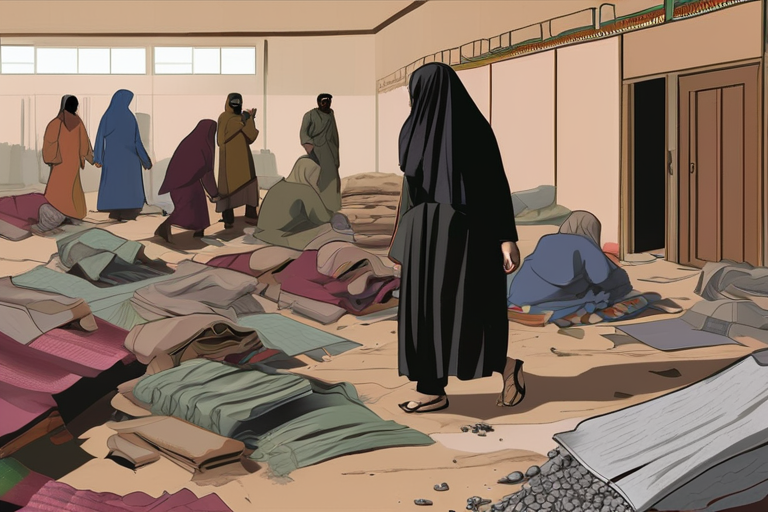
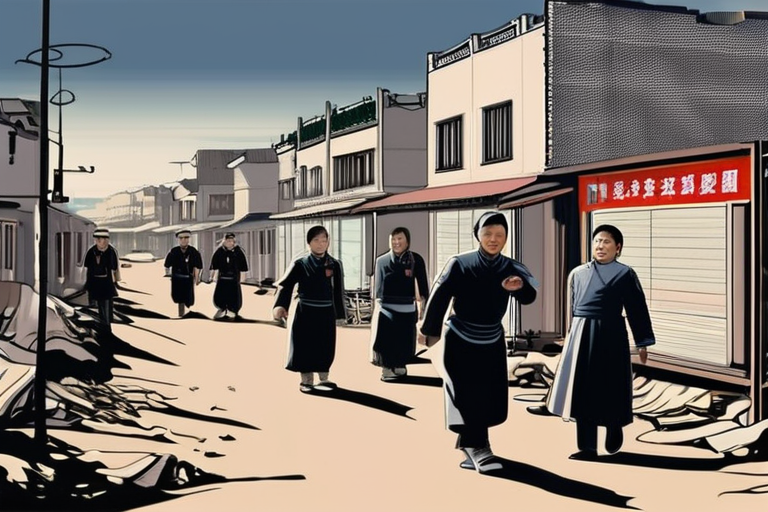
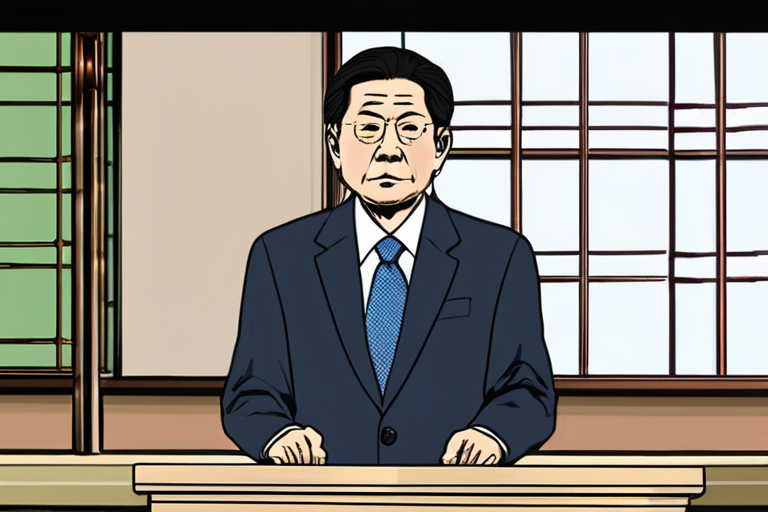


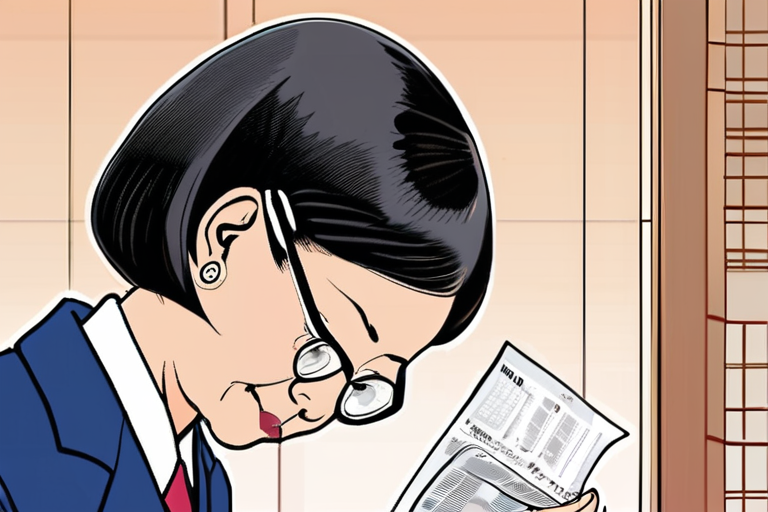


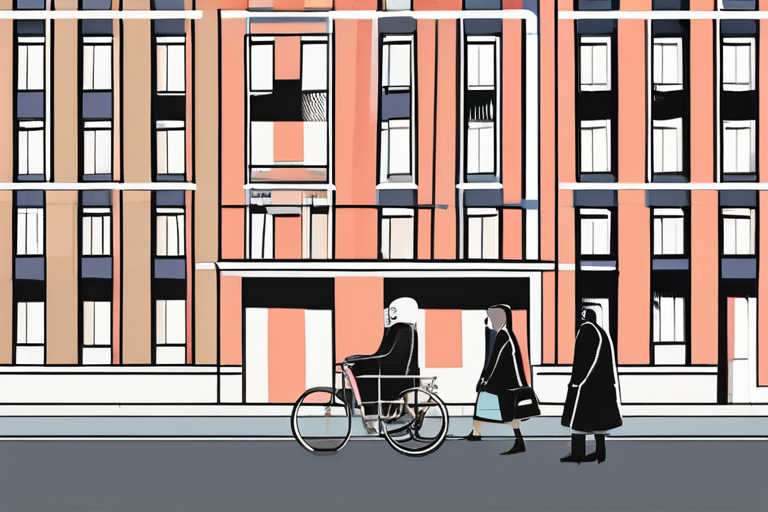
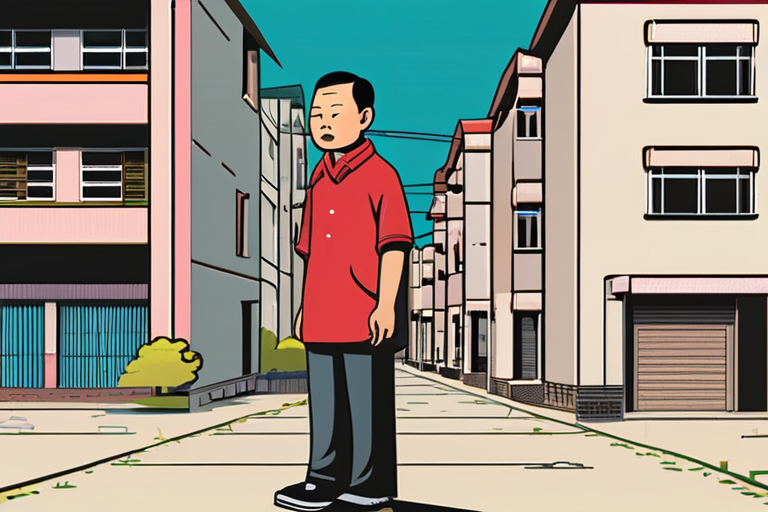
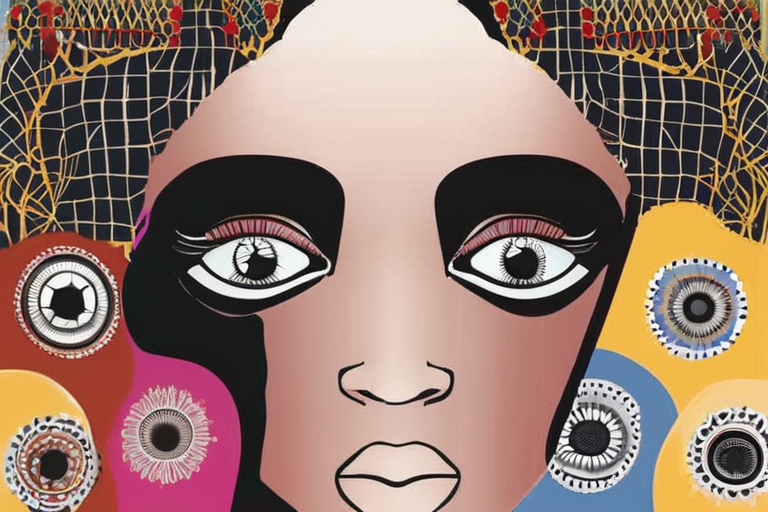


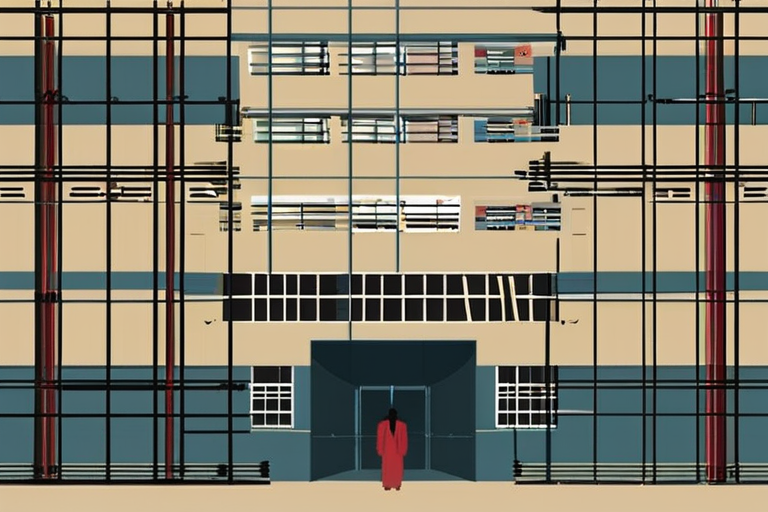


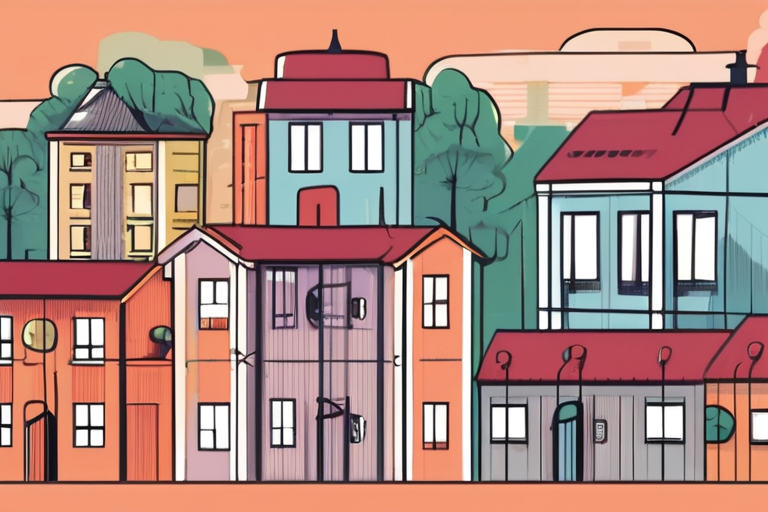


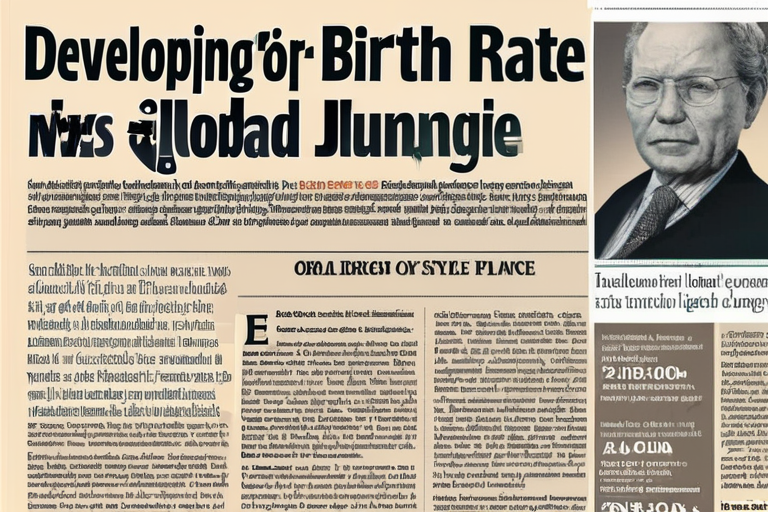



Share & Engage Share
Share this article